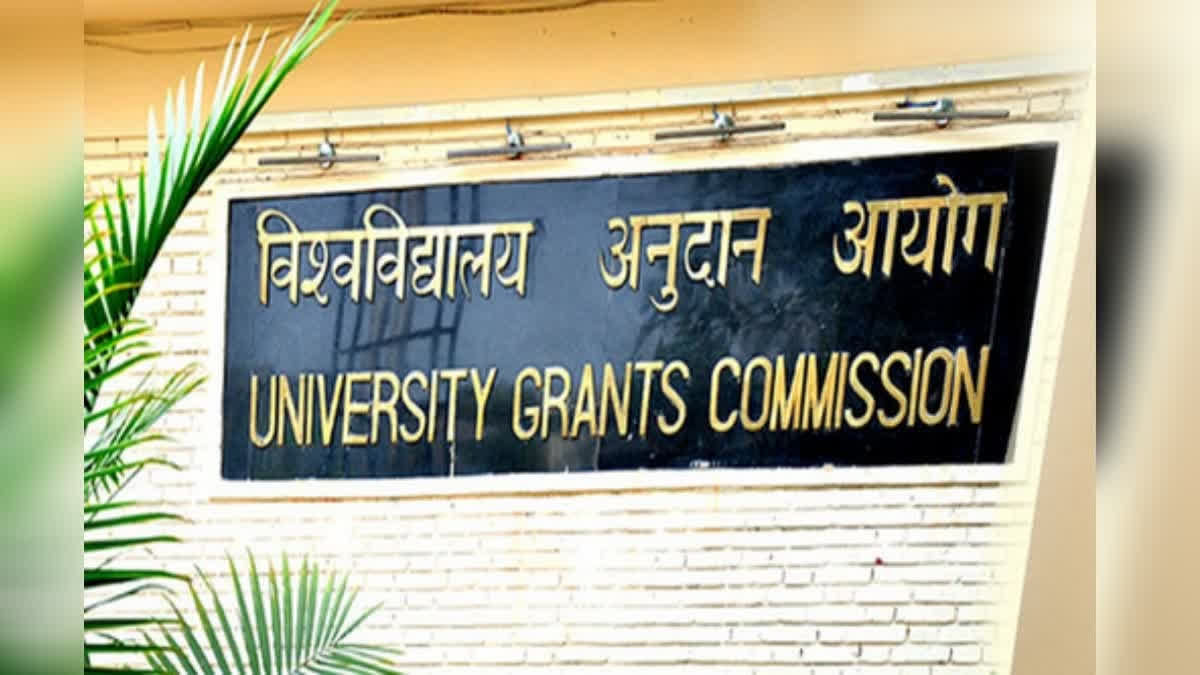New Delhi:The University Grants Commission (UGC) has unveiled the Draft Regulations 2025, setting out to overhaul the minimum qualifications for the appointment and promotion of teachers and academic staff in Higher Education Institutions (HEIs) across the country. The proposed guidelines aim to bolster academic standards, foster inclusivity and ensure merit-based progression, in alignment with national and international benchmarks.
Key Highlights of the Draft Regulations
Uniform Qualifications Across Institutions
The regulations apply to all universities, including those established under central, state, and provincial laws, as well as deemed universities recognised by the UGC. The draft emphasises the need for uniform qualifications across HEIs to ensure consistency and promote research, innovation and inclusive education.
Updated Minimum Qualifications for Recruitment
For the position of Assistant Professor (Academic Level 10), candidates must have a postgraduate degree with at least 55% marks and a PhD. For non-PhD candidates, NET/SET/SLET qualifications are mandatory. Exceptionally talented individuals with significant achievements in traditional art forms may qualify under special provisions.
Associate Professors (Academic Level 13A) must hold a PhD and have at least eight years of teaching or research experience, along with a minimum of eight notable contributions such as publications, patents, or book chapters.
To qualify as a Professor (Academic Level 14), candidates need a PhD and at least 10 years of teaching experience, including three years as an Associate Professor. They must also present at least 10 peer-reviewed publications, book chapters, or patents, along with accomplishments in doctoral supervision.
Career Advancement Scheme (CAS)
The Career Advancement Scheme provides a merit-based path for faculty promotions, requiring candidates to demonstrate contributions to research, innovative teaching and community engagement. Faculty must complete refresher courses and contribute in at least four identified areas to qualify for higher academic levels.
Promoting Indian Languages and Knowledge Systems
The draft emphasises the importance of teaching and research in Indian languages and the Indian Knowledge System. Faculty with degrees in Indian language mediums and contributions to research or publications in Indian languages are highly encouraged.
